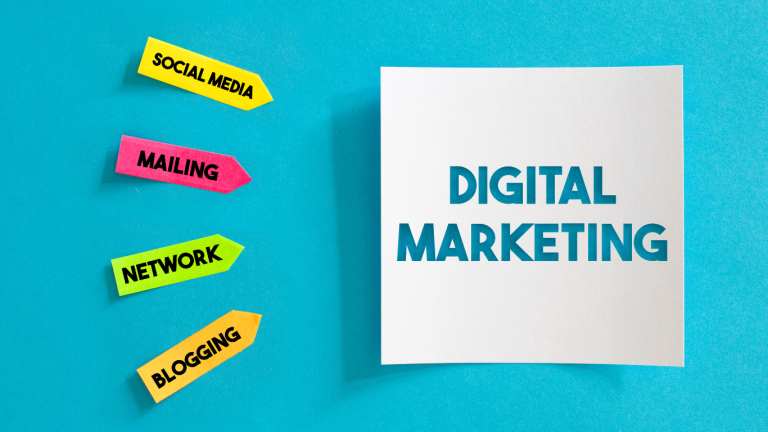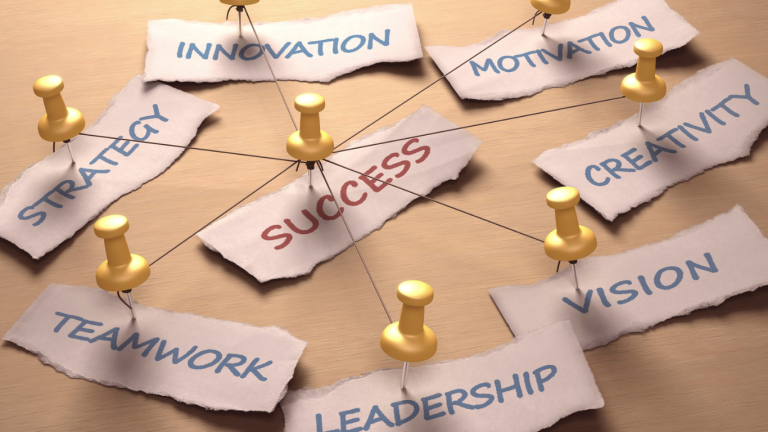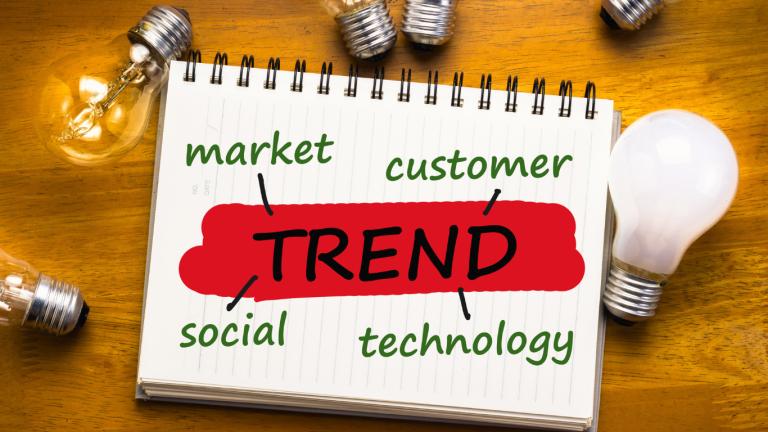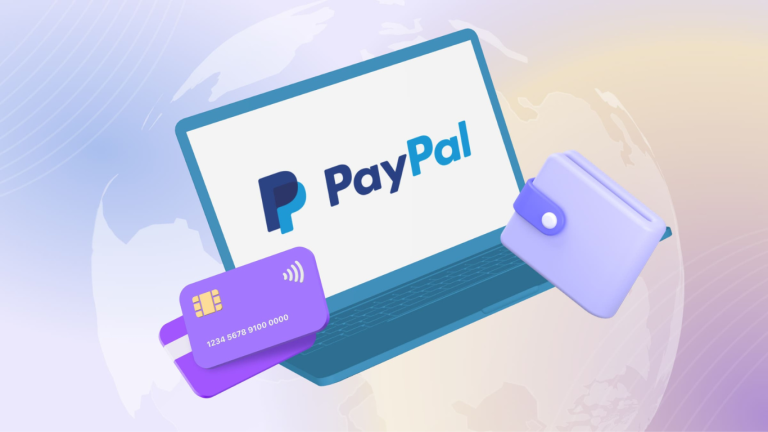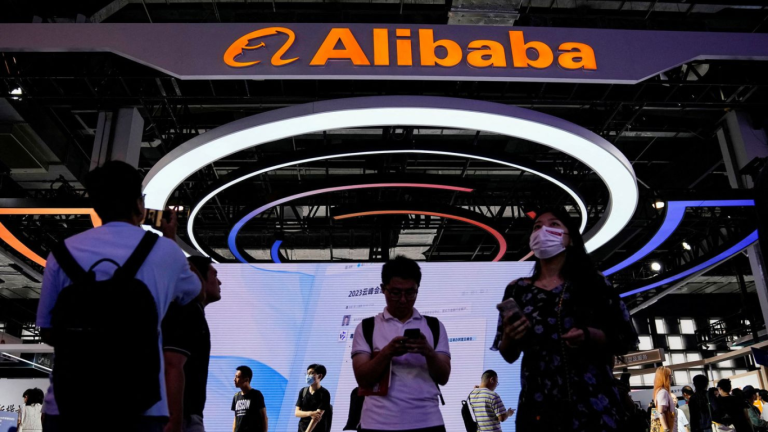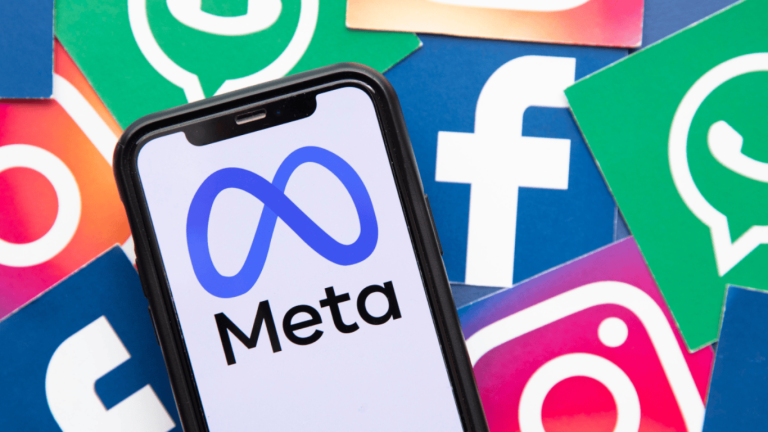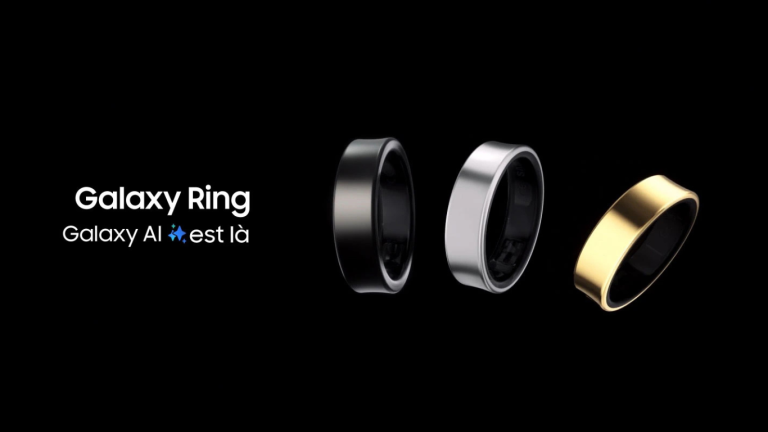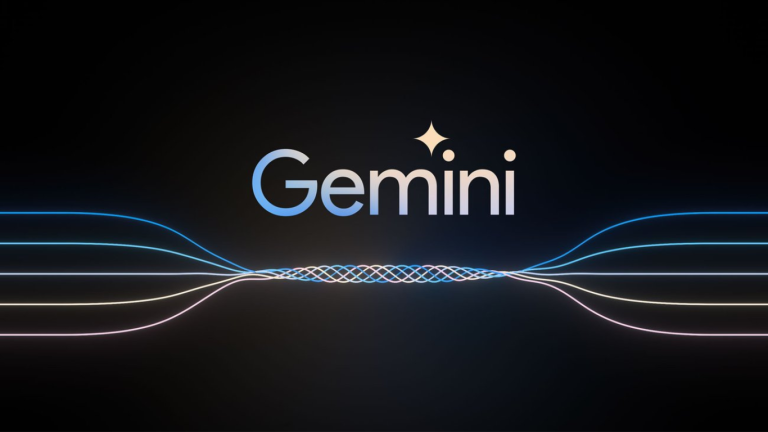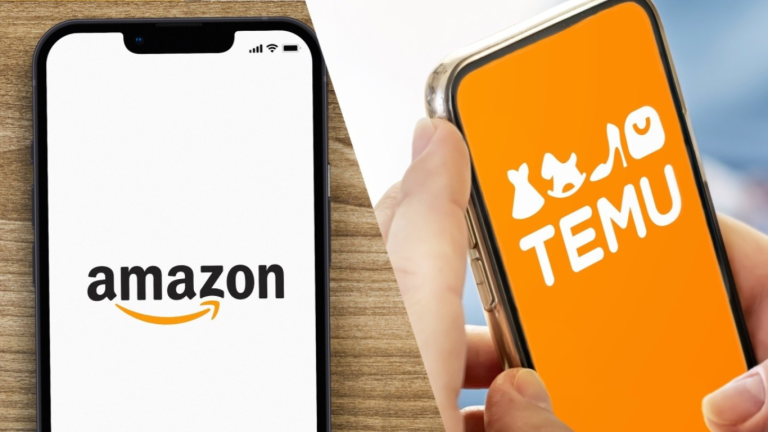
Building Brand Loyalty in the Service Sector: Strategies for Long-Term Success
A recent global survey by Accenture found that 57% of customers are more likely to remain loyal to brands that offer personalized experiences and go above and beyond in service delivery. In the fiercely competitive service sector, where customer choices are abundant, fostering brand loyalty isn’t just an advantage—it’s
essential for long-term success. Yet, building lasting relationships requires more than excellent service; it demands innovative strategies that resonate with evolving customer expectations.
The Foundations of Brand Loyalty
Brand loyalty is the deep-rooted trust and emotional connection a customer feels towards a service provider, making them more likely to choose that brand repeatedly, even when alternatives exist. In the service sector, loyalty often hinges on two pillars: exceptional customer experiences and value-driven engagement.
Key Strategies to Build and Sustain Brand Loyalty
1. Personalization: Tailoring the Experience
Today's customers expect businesses to understand their unique needs and preferences. Personalization builds trust and demonstrates value.
- Data-Driven Insights: Use customer data to deliver targeted recommendations and offers. For example, Singapore Airlines leverages its loyalty program, KrisFlyer, to offer personalized travel deals based on frequent routes and past bookings.
- Technology Integration: AI-powered chatbots and CRM systems can create seamless, customized interactions.
Actionable Tip: Regularly analyze customer data to refine service offerings and identify trends that can enhance personalization.
2. Excellence in Service Delivery
Service delivery quality remains a non-negotiable element of brand loyalty. Inconsistent or poor service experiences can erode trust quickly.
- Staff Training and Empowerment: Invest in training programs that focus on emotional intelligence, problem-solving, and customer-first thinking.
- Proactive Support: Anticipate customer needs by resolving potential issues before they arise.
Case Study: Ritz-Carlton is renowned for empowering employees to spend up to $2,000 to solve guest issues on the spot, showcasing their commitment to exceptional service.
3. Innovative Loyalty Programs
Loyalty programs are a proven tool to encourage repeat business and reward customer engagement. However, innovation is key to making these programs effective.
- Tiered Benefits: Offer tiered membership levels to incentivize long-term engagement. For example, Hilton Honors rewards frequent customers with exclusive perks like room upgrades and late checkouts.
- Gamification: Create fun, interactive ways for customers to earn rewards. Starbucks' app allows customers to collect stars for purchases, which can be redeemed for free products.
Actionable Tip: Focus on creating rewards that align with your brand values and customer preferences.
4. Build an Emotional Connection
Brand loyalty is not just transactional—it’s emotional. Customers are more likely to stick with brands that reflect their values and make them feel connected.
- Storytelling: Share stories that highlight your company’s mission, community involvement, or sustainability efforts.
- Exclusive Engagement Opportunities: Host webinars, events, or behind-the-scenes tours for loyal customers.
Case Study: Patagonia’s strong environmental advocacy resonates deeply with its customer base, fostering loyalty that transcends product offerings.
5. Leverage Feedback to Drive Improvement
Listening to customers and acting on their feedback is crucial to maintaining trust.
- Real-Time Feedback Loops: Use surveys, reviews, and social media listening tools to gather insights.
- Close the Loop: Communicate changes made in response to customer feedback, showing them their voices matter.
Actionable Tip: Regularly share success stories where customer feedback has led to positive changes.
Global Trends in Customer Engagement and Loyalty
- Rise of Subscription Models: From media streaming to personal care services, subscription models are booming. Businesses can use this approach to ensure recurring revenue while fostering loyalty.
- Sustainability as a Differentiator: Customers increasingly favor brands that prioritize ethical practices and sustainability.
- Digital Loyalty Innovations: Mobile apps and blockchain technologies are reshaping how loyalty programs are designed and managed globally.
Elevating Loyalty for Long-Term Growth
In the dynamic service sector, building brand loyalty isn’t a one-time effort—it’s a continuous journey. By prioritizing personalization, service excellence, innovative loyalty programs, and emotional connections, businesses can create lasting customer relationships that drive growth.
At IBIACO, we help service sector leaders craft loyalty strategies that align with evolving market demands. Contact us today to discover how we can transform your customer engagement approach and unlock long-term success.

_medium.png)


